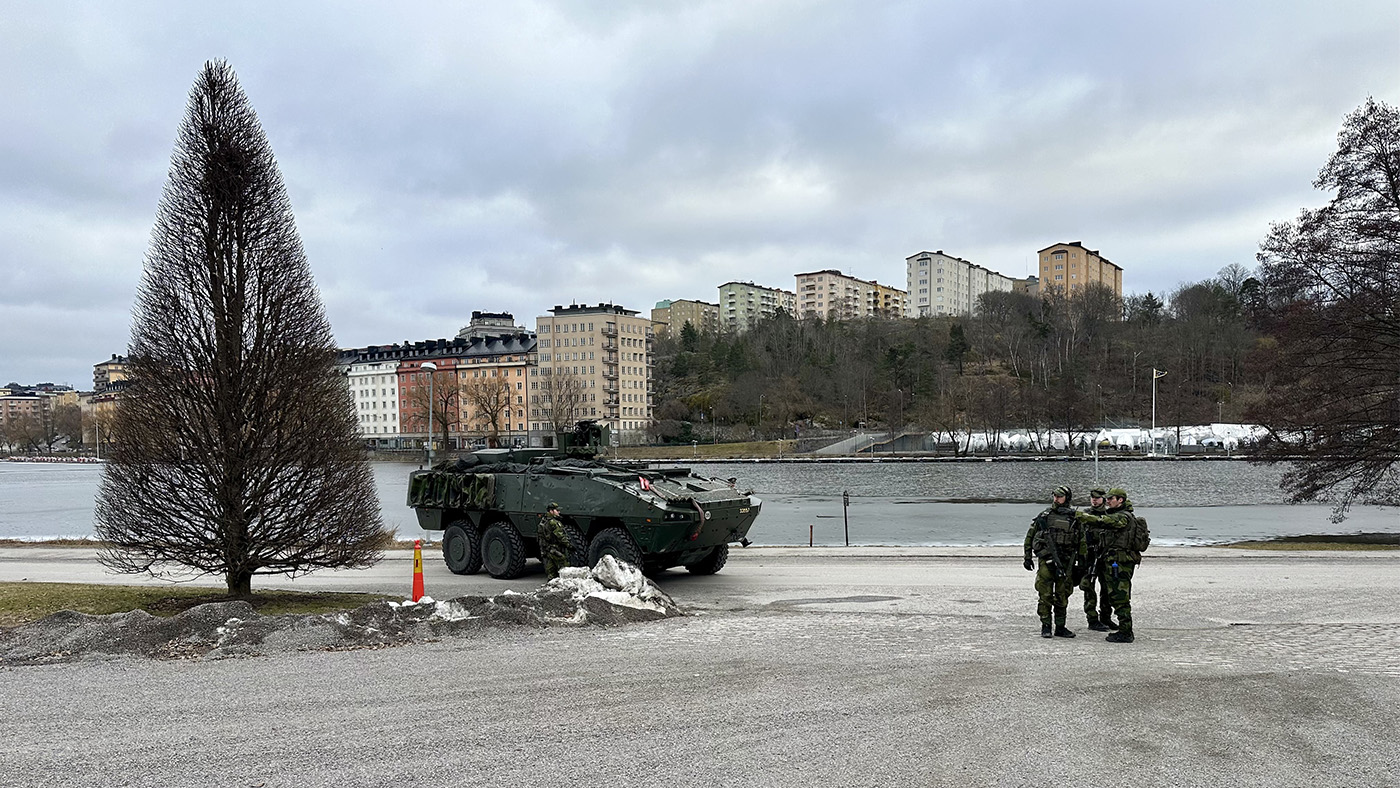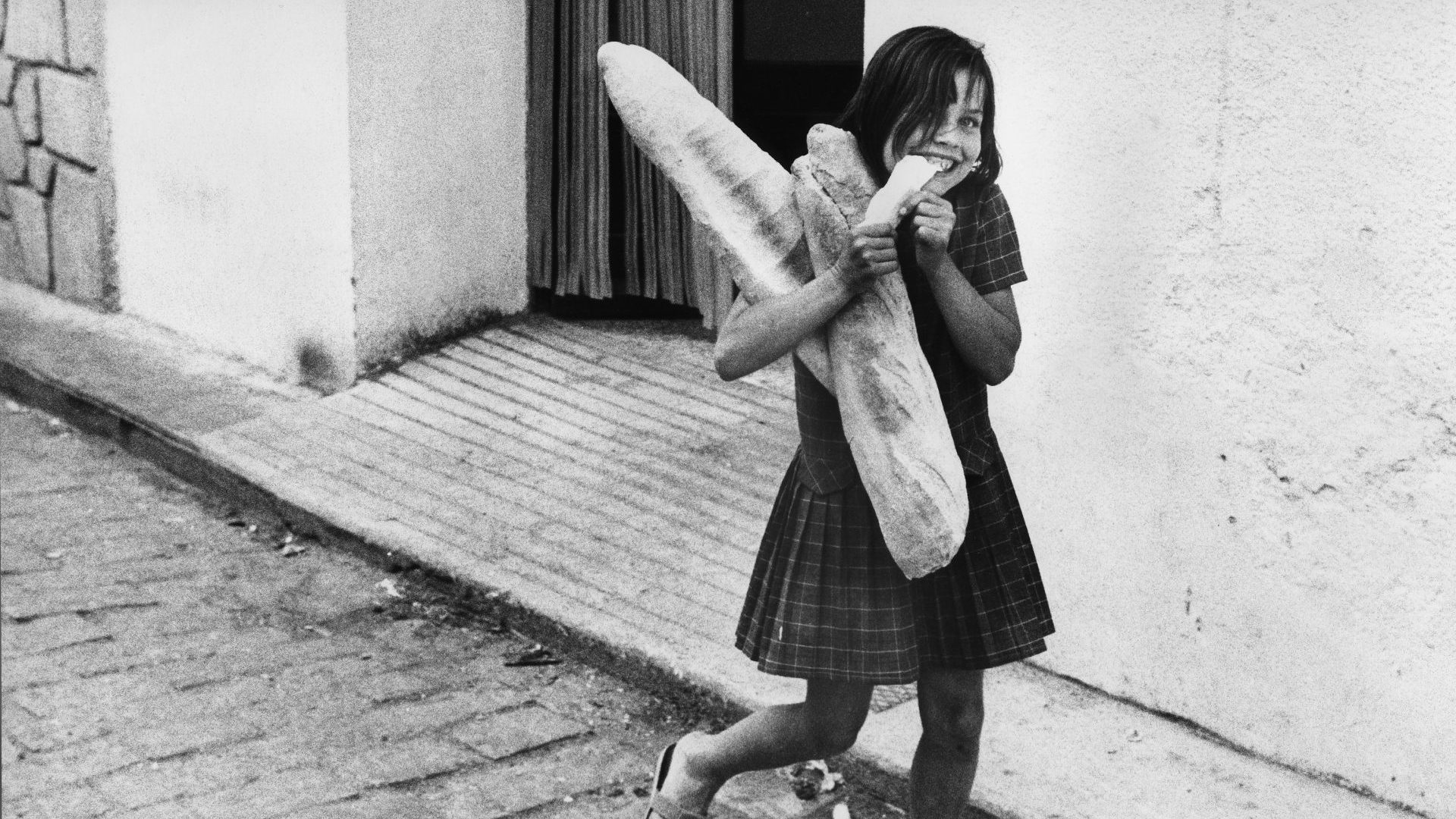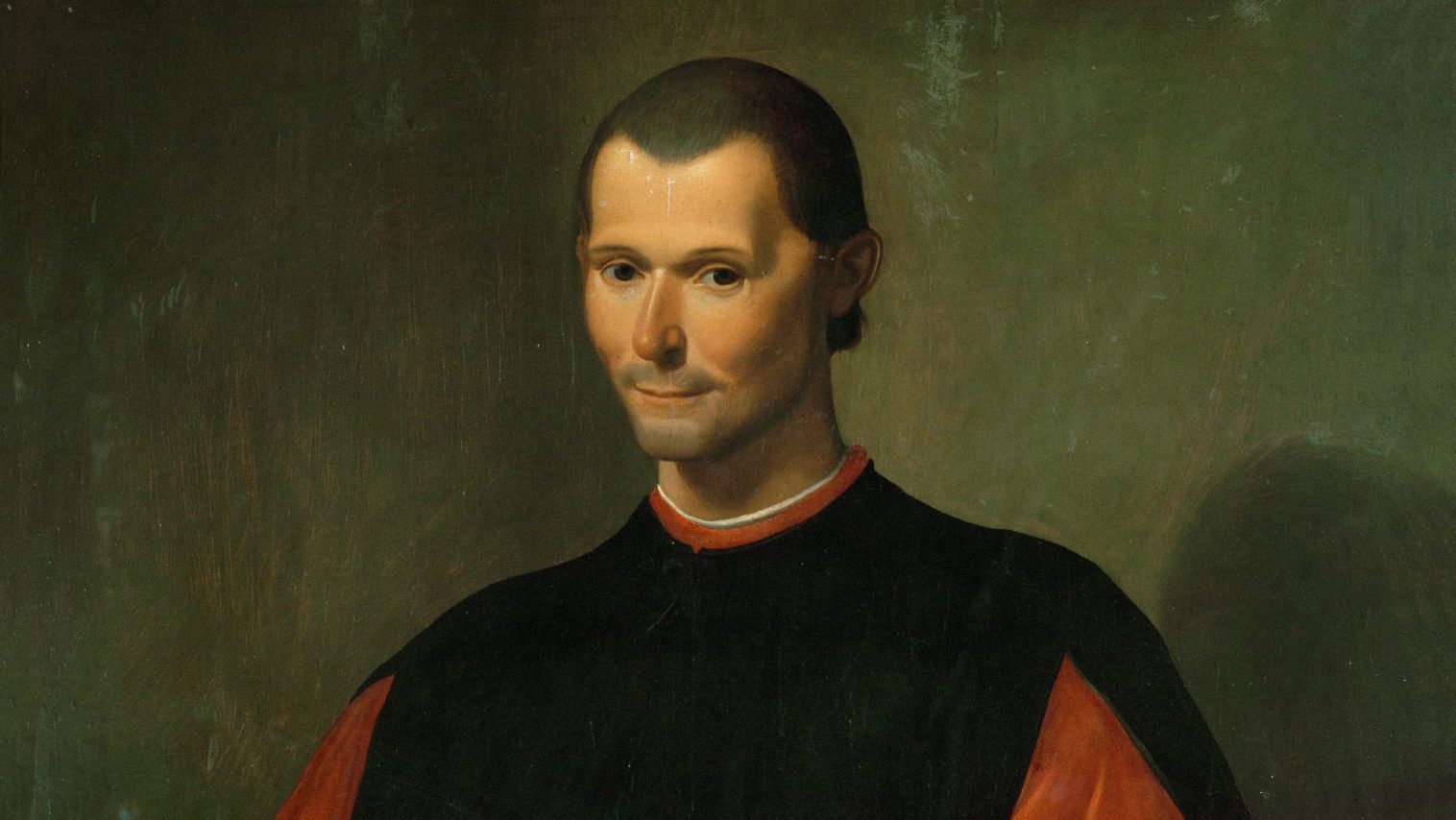In the dead of the Swedish night, submarines and warships slide surreptitiously into deep concrete bunkers that have been blasted into tall cliffs. Sailors tend to the vessels, served by a subterranean restaurant. This is Musköbasen, one of the world’s largest underground naval bases, and it is a James Bond movie set made real. It was just opposite the entrance to this base that a Russian businessman decided to build his summer house.
While the Russian businessman sipped a chilled glass of Swedish snaps, he could also enjoy an unrestricted view of everything that came and went into the base. His luxurious 600 sq metre villa with a pool and cinema also included guest accommodation, oddly laid out as far less luxurious dormitories. They looked like barracks.
The businessman in question is a citizen of multiple countries, paid cash for the summer house, has connections to a company that does business with Rosatom, Russia’s State Atomic Energy Corporation and, after an investigation in Sweden, was fined €20m for tax evasion. What he actually does in Sweden is “unknown”.
All of this has ruffled the feathers of Sweden’s spies and intensified official scrutiny of Russian property purchases that happen to be close to sensitive sites. Research by the Swedish Defence Research Agency found 249 sites owned by Russian citizens close to locations of significance. Current legislation does not allow Sweden to register the nationality of landowners, making the true state of Russian purchases of sensitive sites tricky to ascertain.
Sweden is now a Nato member and Russia is escalating its threats against the country. The resulting investigations into Russian activity have led to some extraordinary revelations, the most astonishing of which is to be found in Västerås, about 100km from Stockholm.
Västerås has a large airport, with a broad, long runway far larger than the population of 160,000 could ever need, but which converts to military use when necessary. The control tower is not the only building overlooking the runway. Close by are the domes of a newly built Russian Orthodox Church. The church received planning permission to build a tower of up to 12 metres. Its actual tower is 22 metres and the views of the airport are uninterrupted. Just like the villa near Stockholm, it has barrack-like buildings, the religious purpose of which is unclear.
The financing of the church has attracted attention from Säpo, Sweden’s spy agency, which reached an unequivocal but troubling conclusion. “The Russian Orthodox Church is considered a platform for Russian intelligence activities in Sweden,” said Gabriel Wernstedt, a Säpo spokesperson.
In this case, the church appears to have been financed by Rosatom, the government-owned atomic energy corporation, via the Russian Orthodox Church. In response, Säpo has taken action to “hinder security activities” by preventing the use of Russian state funds by religious organisations.
“We can go after the money,” said Wernstedt. The pastor of the church has a criminal record for financial crimes and when the church was officially consecrated a year ago, he hobbed-nobbed with some very military-looking guests.
Over the last year, Sweden has been upgrading the tools it can use to punish such activities and new, even tougher laws are expected before the end of the year – these will still require discussion in parliament. The legislative process will probably move more slowly than the actions of those threatening Sweden. But there is an urgent need for action. A new Russian Orthodox parish has been established in Aspudden, a suburb of Stockholm next to the capital city’s largest reservoir.
The evidence is overwhelming. Russian interest in Sweden is on the up. It is using the Russian Orthodox Church as a front to acquire strategically located assets in the country and is also seeking other sensitive sites via other means. Security services are seeking greater powers, and new laws are on the way.
Stockholm used to be a hotbed of spook activity in the cold war, a sort of Nordic Geneva. Sweden’s Nato membership, its geographical location and Russia’s belligerent actions are reviving intelligence interest in the Nordic capital, whose Baroque avenues and cosily lit coffee shops are once again offering cappucinos with a side order of tradecraft. An era of Swedish neutrality that has been in place for the last 200 years is officially over.
David Ibison is the former Nordic Bureau chief for the Financial Times



